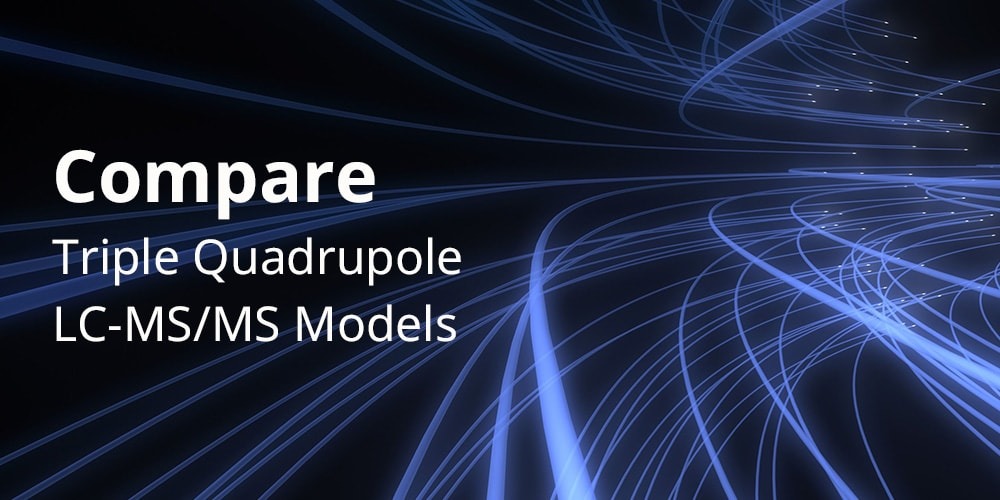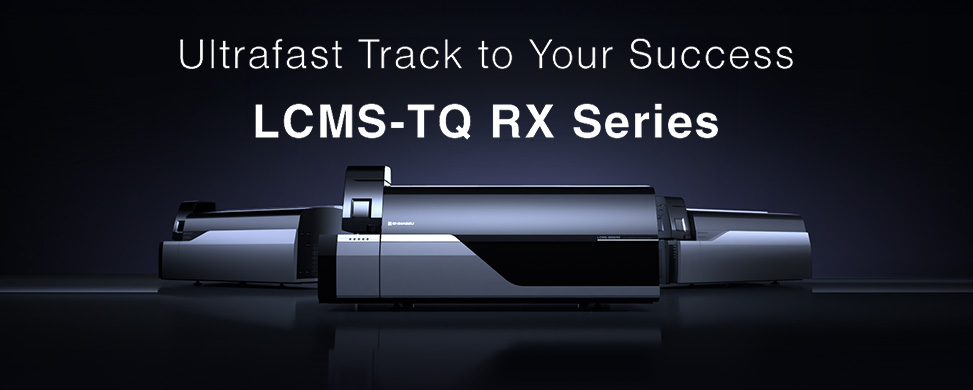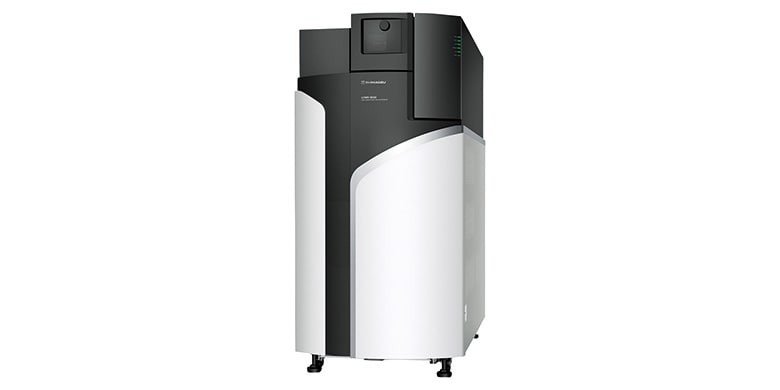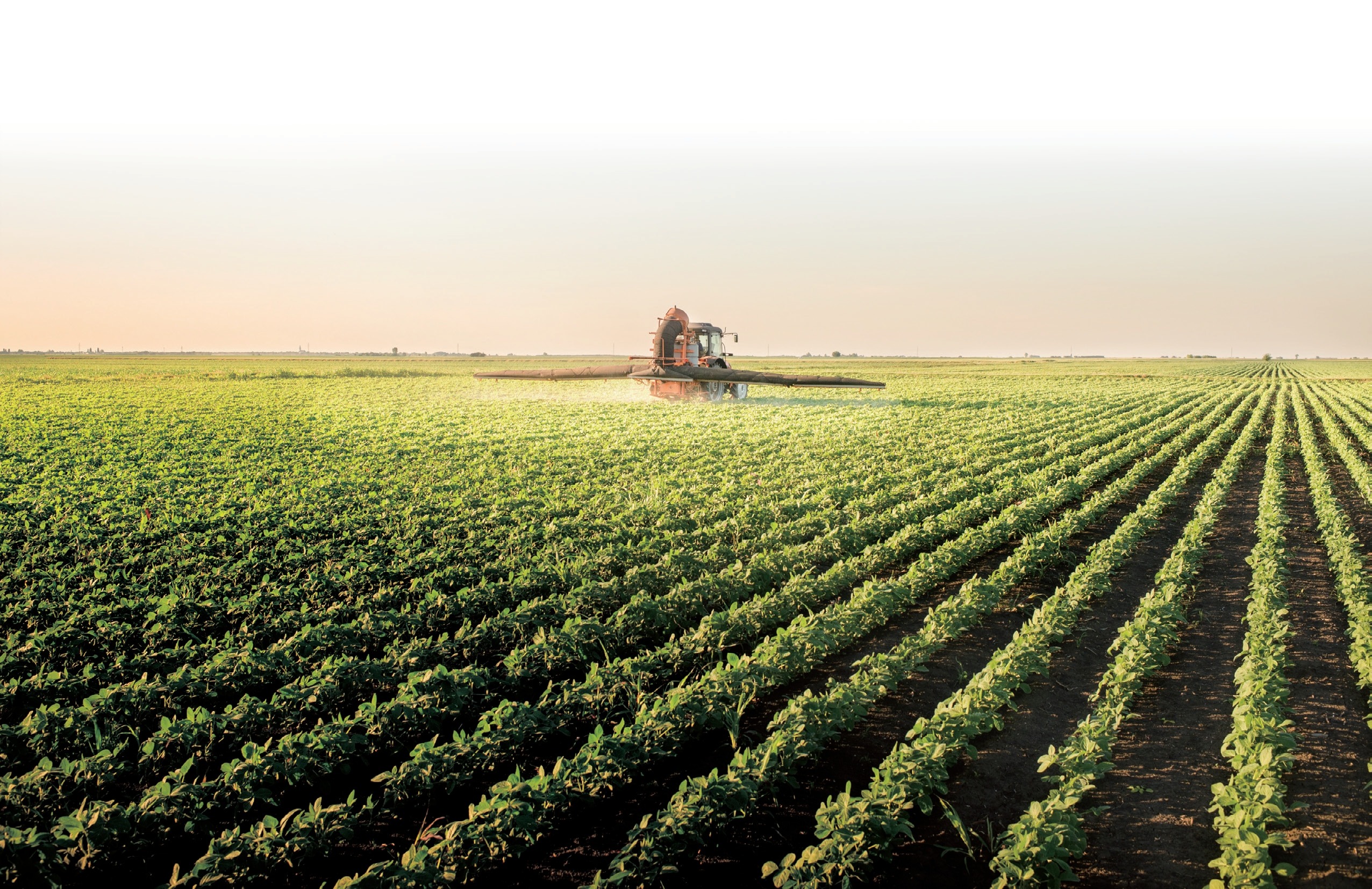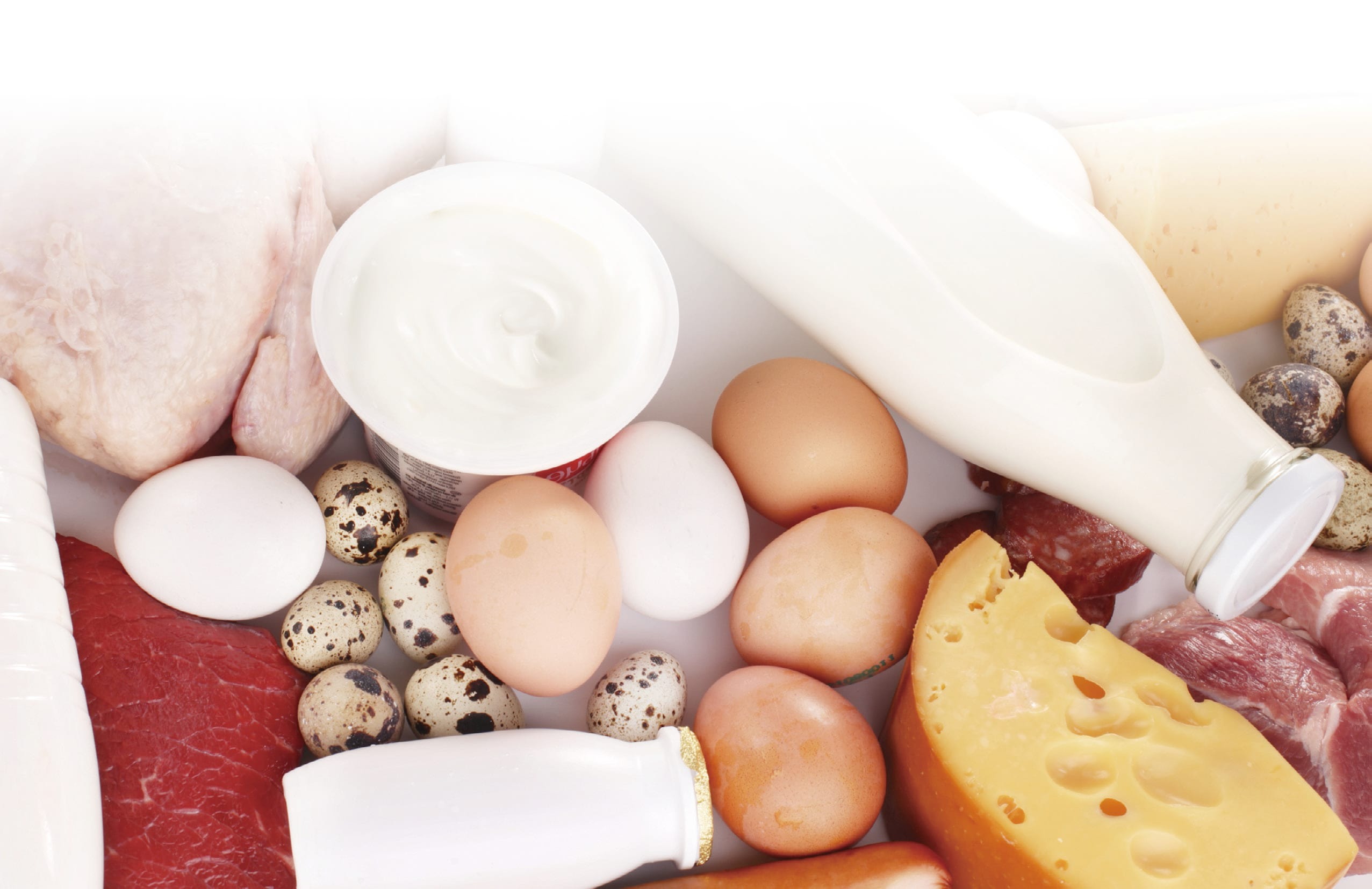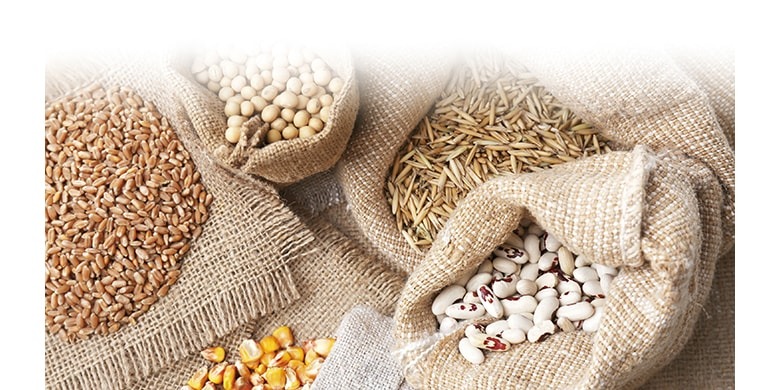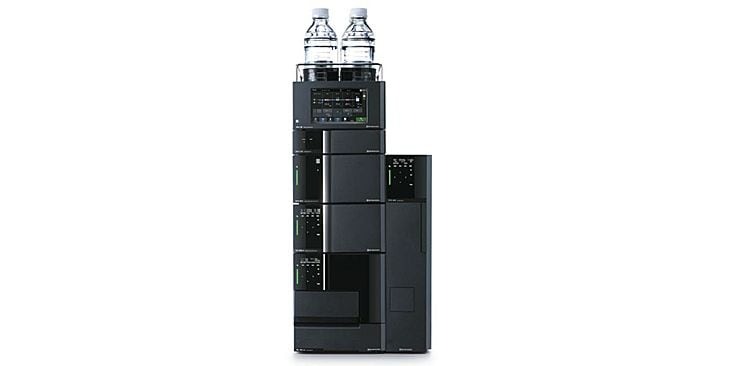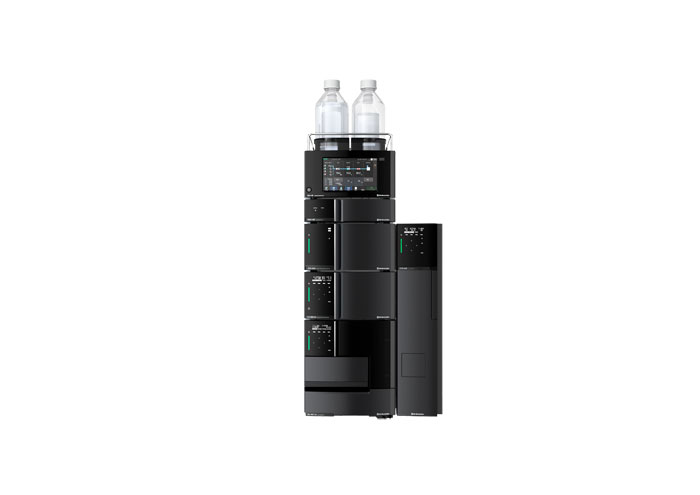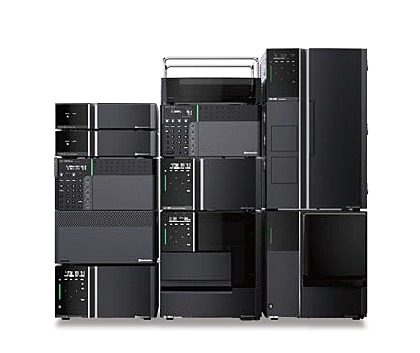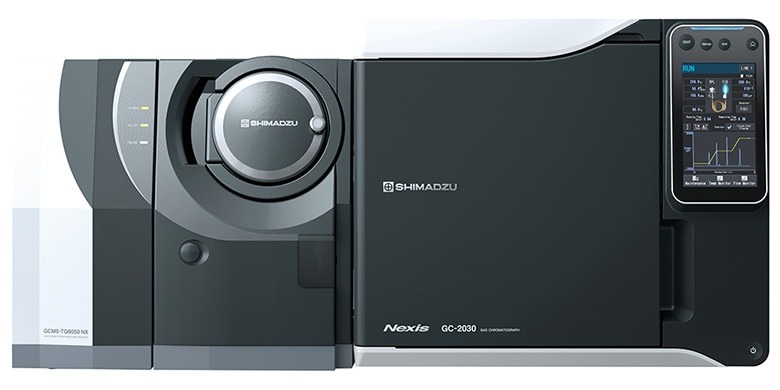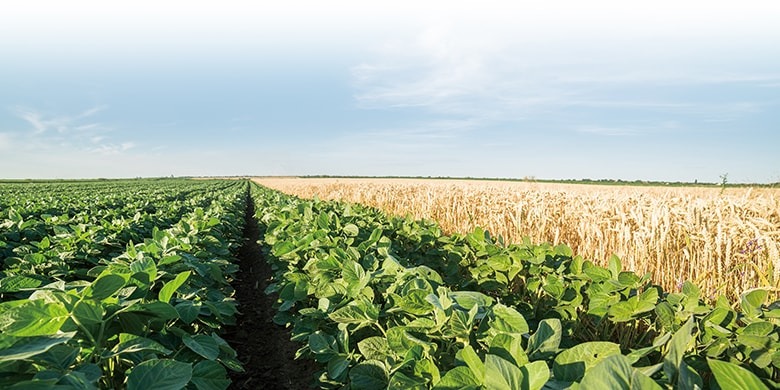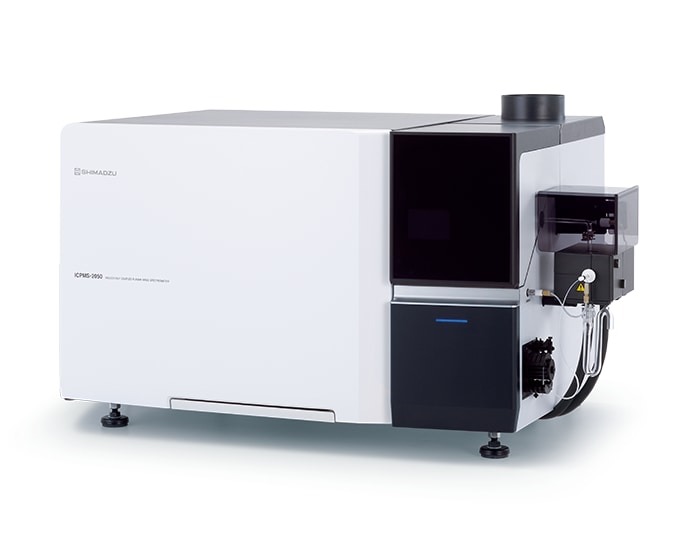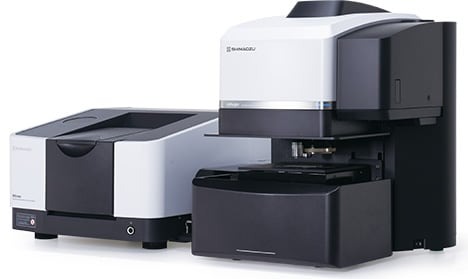RAFA 2024
05-08 November | Prague, Czech Republic

11th International Symposium on Recent Advances in Food Analysis, RAFA 2024
05.11. - 08.11.2024
https://rafa2024.eu/
Meet Shimadzu at the RAFA 2024 in Prague
Please join us at our booth at RAFA 2024. The RAFA Symposium is well known as the world leading platform for the information exchange on recent advances in food analysis. RAFA 2024 will provide an overview of contemporary trends in analytical & bioanalytical Strategies in Food quality and Food safety, and discuss challenges and novel approaches in food and natural products analysis. The Shimadzu Team is looking forward to welcome you and introduce the latest developments regarding food quality and food safety for your challenges in food testing. See you in Prague!
Vendor Seminar
"In Food we trust”: a closer Look on Aroma- and Authenticity Analysis
Wednesday, 06.11.2024, 13:30 – 14:15
We cordially invite you to our lunch Seminar:
Can alcohol free beer be tasty?
Erich Leitner, Graz University of Technology, Institute of Analytical Chemistry and Food Chemistry, 8010 Graz Austria,
Stremayrgasse 9/2
Abstract:
First trials about the production of non-alcoholic beer (NAB) is dating back till the early sixties. According to the Austrian, German and Swiss law an alcohol-free beer can have an alcohol concentration of maximum 0,5% by volume. If a beer is labelled as “alcohol free” it actually has to be 0.0%.
One of reasons of limited acceptance by consumers is the impact on the flavor interactions due to the removed alcohol. Nevertheless, there is a constant increase in the market share. 2023 the total turnover in Germany for NAB was 1.6 billion € which is approximately 7% of the beer consumption.
One of the reasons for an increasing market share is the use of improved technologies resulting in more palatable products. This talk will focus on various production technologies and the characterization of aroma compounds in various NAB using different chromatographic methods and sensory analysis.
A novel ion suppression-based MS methodology for identification and authentication of liquid samples; wine as a case study
Markus Ehrat, Maria Bikaki, Genuine-Analytics AG, Solothurnerstrasse 259, 4600 Olten
Abstract:
Authentication of complex samples with thousands of compounds is very often a tedious, time consuming and expensive process. To date, LC-MS is a preferred technique for the analysis of such samples due to its high sensitivity, selectivity and identification capability of a plethora of
compounds. However, complex samples often require extensive sample preparation and separation before the compounds can be identified by a high-resolution MS. Whereas a simple sample preparation and direct infusions into the MS source shorten time to result, sample matrix can cause
unwanted effects such as ion suppression or ion enhancement. We present a novel MS methodology for the authentication of wine. In contrary to existing methods, it is based on ion suppression or enhancement effects. The samples are mixed with a solution comprising multiple chemical compounds, which then are directly measured by ESI-MS in selected positive ion monitoring (SIM) mode. The impact of the wine matrix on the ionization of the added compounds is detected generating a unique MS signal pattern for each sample. For identification, this signal pattern is compared with the reference wine patterns in our data library. This methodology requires a single quadrupole MS, it has a run time of only 1.5 minutes and it can be used to reliably determine the origin, vintage and producer of the wine.
Posters:
"Development of a High-Resolution MRM Quantitative Method for Pesticides in Apple, Honey, Olive Oil, Orange and Tomato Food Matrices"
Alan Barnes1; Raquel Leonardo2; Emily G Armitage1; Jonathan McGeehan3; Steve Williams2; Neil Loftus1; Uwe Oppermann4
1Shimadzu Corporation, Manchester, UK
2SGS Cambridge Limited, Cambidge, UK
3Shimadzu UK Limited, Milton Keynes, UK
4Shimadzu Europa GmbH, Duisburg, Germany
"Determination of Various PFAS in Egg Matrix Using Stacked injection On-Line SPE Coupled to LC-MS/MS"
Anja Grüning, Uwe Oppermann
Shimadzu Europa GmbH, Duisburg, Germany
"A Full Automatic Workflow for the Determination of Mineral Oil Hydrocarbons in Food and Food Packaging"
Erich Leitner1, Uwe Oppermann2
1Graz University of Technology, Institute of Analytical Chemistry and Food Chemistry, 8010 Graz Austria
2Shimadzu Europa GmbH, Duisburg, Germany
"Determination of PFAS Compounds in Food Packaging"
Erich Leitner1, Milica Jovanovic1, Uwe Oppermann2
1Graz University of Technology, Institute of Analytical Chemistry and Food Chemistry, 8010 Graz Austria
2Shimadzu Europa GmbH, Duisburg, Germany
"Migration testing of crotonic acid from polyhydroxybutyrate based food contact materials by GC-MS/MS"
Franky Puype1, Uwe Oppermann2
1Institute for Testing and Certification, Laboratory of analytical chemistry, trida Tomase Bati 299, Louky, Zlin, Czech Republic
2Shimadzu Europa GmbH, Duisburg, Germany
"Highly sensitive analysis of Glyphosate, Glufosinate, and their Metabolites in Soybeans using online solid-phase derivvatization LC-MS/MS system"
Nozomi Maeshima 1, Ryoichi Sasano 2,3, Jun Watanabe 4, Isao Saito 2, Manami Kobayashi 1, Hiroshi Akiyama 3,5
1Shimadzu Corporation, Tonomachi, Japan
2AiSTI SCIENCE, Wakayama, Japan
3Hoshi University, Shinagawa, Japan
4Shimadzu Corporation, Kyoto, Japan
5National Institute of Health Sciences, Tonomachi, Japan
Product lineup:
Shimadzu Solution for pesticide analysis using SFC-MS/MS
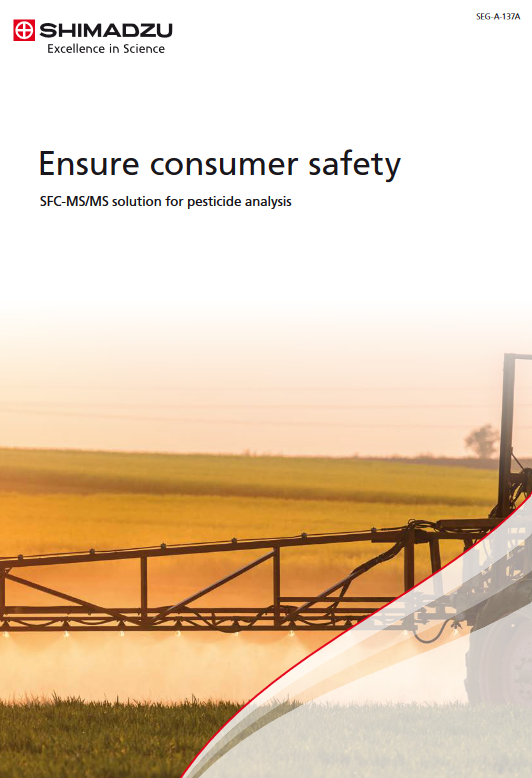
Ensure consumer safety
>European Reference Laboratory (EURL) for Fruit and vegetable, Almeria, Spain



